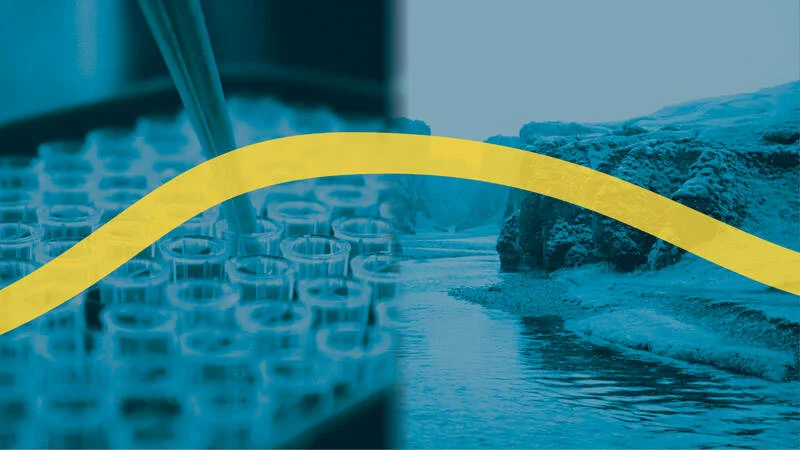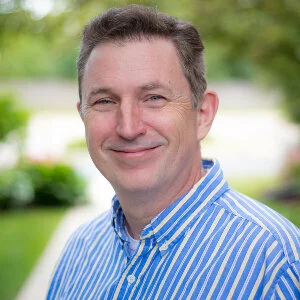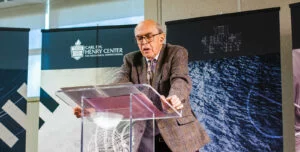Modern assumptions about certainty are deeply embedded in the contemporary mind. Exhausted by Medieval debates over seemingly obtuse metaphysical matters, Modern philosophers broke away from this tradition by establishing “certainty” as the new measure for what counts as human understanding.
Some philosophers, such as Descartes and Leibniz, thought we could prove the existence of God and justify the persistence of evil in a world created by God using reason alone, but others, such as Hobbes and Hume, turned to materialism and skepticism in a way that challenged these foundations. Christian theology was still valued and pursued within the university context throughout this period, although with more scrutiny being devoted to its epistemic foundations. There were conflicts and skirmishes, but science and theology were pursued with a mutual respect.
Tracing the Concept of Certainty
Something happened in years after Immanuel Kant that radically changed the way science and theology relate to one another. Nineteenth century thinkers, such as Ludwig Feuerbach, Friedrich Nietzsche, and Karl Marx, broke away from theology altogether, turning instead to human freedom and subjectivity for epistemic satisfaction. Despite the loss of its theological and philosophical moorings, the concept of certainty proved resilient. Approaching truth using the scientific method may seem to corner the market on observable phenomena, but such a procedure is not flawless or farseeing. It managed to reinvent itself and found a home in logical positivism and pragmatism. The incredible advances of industry, technology, and the hard sciences reinforced this move.
Science in the twentieth century, however, became keenly aware that uncertainty is built into the very fabric of nature. The theory of relativity, quantum mechanics, and chaotic dynamics all point to the fact that nature itself holds mysteries that, though structurally observable and determinable, are sufficiently complex so as to be inherently uncertain and practically unpredictable.Allen Cook, “Uncertainties of Science” in Science Meets Faith, Ed. Frasier Watts (London: SPCK, 1998), 28. Approaching truth using the scientific method may seem to corner the market on observable phenomena, but such a procedure is not flawless or farseeing. Scientists worth their salt know that claims about things outside of observable phenomena transcend the limits of the discipline. The same can be said about scientific claims about existence prior to the beginning of universe. Speaking more emphatically or eloquently about such matters does nothing to advance the field. Rather, it tends to trespass on the rightful territory of other fields and creates conflict.
Something similar was already well established in theology. The Reformation had shown that intellectual skirmishes were inevitable and that a modicum of uncertainty, indeed danger, is built into any human formulation of Christian doctrine.Evangelical Convictions, Spiritual Heritage Committee (Minneapolis: Free Church Publications, 2011), 25. Since then, theologians holding fast to the authority and Cartesian-like certainty of doctrines gleaned from God’s revealed word have been prone to approach science with an air of superiority. Theology’s deep and profound insights into the nature of the human predicament and God’s plan of salvation are not seamlessly translated into astronomy and cosmology, for example. How many times have we seen conflicts arise because a pastor or theologian has been too quick to pronounce judgments on scientific matters when listening and learning might have been the better course of action?
Framing the Question
If this brief tour of the concept of certainty in Western thought is right or on the right track, perhaps the biggest concern we should have about current assumptions about certainty is not epistemological, but rather it has to do with tone. Misdirected epistemologies coupled with a less-than-humble tone may provide the deepest source of conflict in the ongoing engagement between science and theology. If the proponents of science and theology would consider taking a more humble public posture towards one another fewer conflicts would arise.If the proponents of science and theology would consider taking a more humble public posture towards one another fewer conflicts would arise. This happy circumstance would presumably result without a net loss of conviction, passion, and dogged determination to get at the truth that has come to epitomize these two great spheres of human learning.
These are just a few thoughts to help frame the discussion. To help us go deeper into these issues, we have recruited a group of experts: Susan Schreiner, Paul Allen, and Carlos Bovell. We asked them to answer one specific question: Would we have fewer conflicts between science and theology if we challenged our modern assumptions about certainty? Each of these scholars comes to the problem with different intuitions and theological commitments. Schreiner argues that certainty is a historical phenomenon that cyclically signals the rise and fall of human institutions. Cultural confidence approaching certitude makes nations great and, like an Indian Summer, signals the last hurrah of a season now gone. Certainty, for Allen, is an elusive and even toxic concept. We strive for it, sometimes think we have it, but in the end it is divisive, becomes polemical, and acts as a millstone around the neck of the kind of faith that God requires of us. Bovell argues that the church too often accepts the spirit of the times and this is no different regarding certainty. Even the Westminster Confession of Faith was couched in language inspired by the Modern quest for certainty rather than on the humble consensus of the divines. He lobbies for more separation between science and theology in order to avoid the illegitimate effects of these two different adaptations of certainty.
Our hope for this Areopagite series is that it will foster a clearer understanding of the elusive concept of certainty. And perhaps, readers might come away as better advocates for an ongoing and irenic discussion between science and theology.







Comments
Be the first one to make a comment!